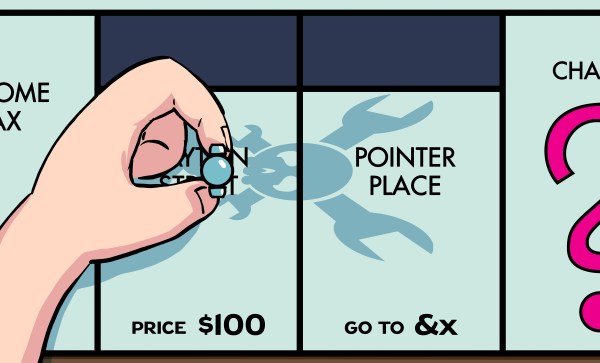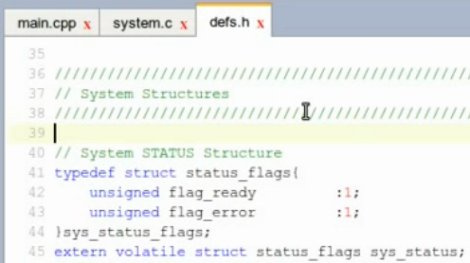In our first part on pointers, we covered the basics and common pitfalls of pointers in C. If we had to break it down into one sentence, the main principle of pointers is that they are simply data types storing a memory address, and as long as we make sure that we have enough memory allocated at that address, everything is going to be fine.
In this second part, we are going to continue with some more advanced pointer topics, including pointer arithmetic, pointers with another pointer as underlying data type, and the relationship between arrays and pointers. But first, there is one particular pointer we haven’t talked about yet.
The one proverbial exception to the rule that pointers are just memory addresses is the most (in)famous pointer of all: the NULL pointer. Commonly defined as preprocessor macro (void *) 0, we can assign NULL like any other pointer.
Continue reading “When 4 + 1 Equals 8: An Advanced Take On Pointers In C”














